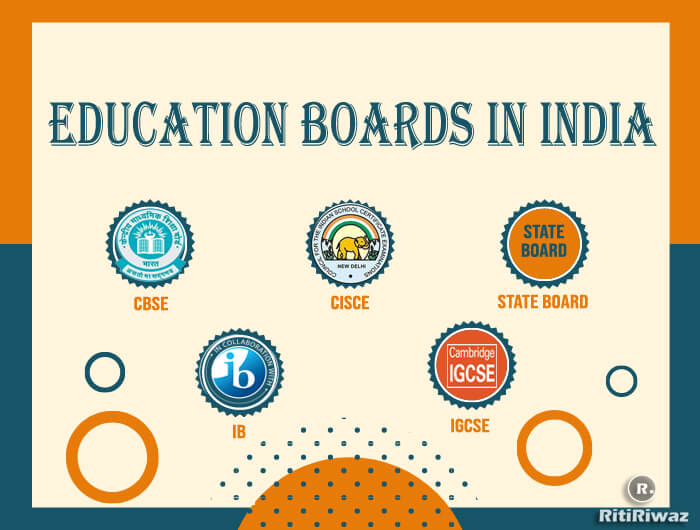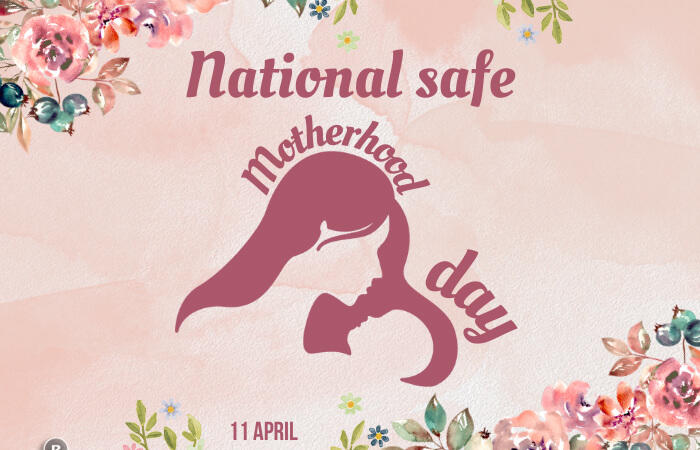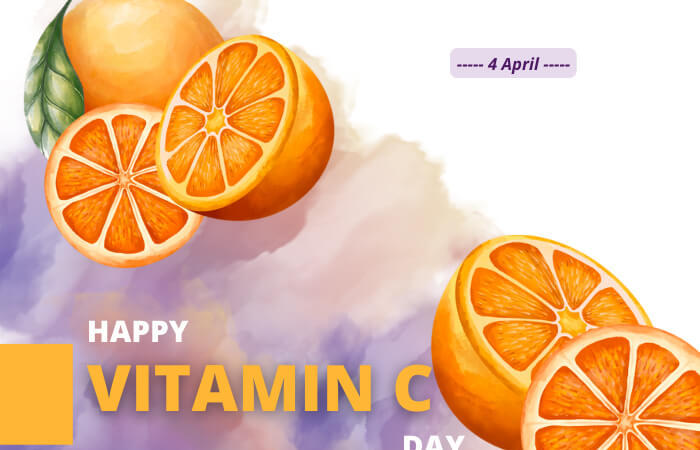Different Education Boards In India

Education opens up a world of possibilities for individuals by empowering them with knowledge. Education is an all-encompassing field of acquiring knowledge, values, skills, habits, and beliefs. One of the most common way of imparting education is going to school.
The importance of education in India can be understood by the fact that the Indian constitution has a provision for free education to children till the age of 14. RTE or right to education is a fundamental right for all the citizens of India, and education in our country is compulsory for children in the age group of 6 to 14. The government of India has made education its priority, and education is to be imparted to all citizens of India without any discrimination based on caste, religion, class, gender, etc.
In India schools are affilates to various boards that set the precedent for a student’s future prospects and learning. Every board have a set the curriculum, conduct board level exams mostly at 10th and 12th level to award the school diplomas.
There are so many school boards in India that the parents get confused to decide which is better for their kids. So in this article we have complied all the leading school boards in india along with their features. This will help every parent to get a fair idea about the board and can decide which boards is suitable for their kids.
In India, the main types of schools are those controlled by:
- Council for the Indian School Certificate Examination (CISCE)
- Central Board of Secondary Education (CBSE)
- State Boards
- International Baccalaureate (IB)
- International General Certificate of Secondary Education (IGCSE)
The academic content and marks awarded by the CBSE and CISCE are broadly equivalent, with the exception of English. The CBSE program examines functional English and has no study of literature, while the CISCE program incorporates the study of Shakespeare and other classics as well as contemporary literature, drama and poetry.
Council For The Indian School Certificate Examinations (CISCE)
The Council for the Indian School Certificate Examinations (CISCE) is a private, non-governmental board of school education in India. It conducts two examinations in India: the Indian Certificate of Secondary Education (ICSE) and the Indian School Certificate (ISC). The CISCE was set up in 1956 at the meeting of the Inter-State Board for Anglo-Indian Education a proposal was adopted for the setting up of an Indian Council to administer the University of Cambridge Local Examinations Syndicate’s Examinations in India. It is an all-India, but not a government sponsored board (unlike the CBSE and NIOS). It is based in New Delhi.
The Indian Certificate of Secondary Education (ICSE) Examination is a K-10 public board examination for students in India who have just completed Class X (equivalent to the first two years of the 4 year High School program). Seven subjects are to be taken by the candidates, of which four are compulsory and three have a choice of subjects.
Similarly, the Indian School Certificate (ISC) Examination is a K-12 public board examination for those completing Class XII (equivalent to the end of the 4 year High School program). Candidates must have [English language | English] as one of their subjects, and then may choose either three, four or five more subjects to give exams for. The syllabus is extremely vast as compared to the CBSE board. But, the ICSE curriculum forms a very good foundation of the English language.
Features of CISCE
1. The Council for the Indian School Certificate Examinations (CISCE) was established in 1959 by the University of Cambridge Local Examinations Syndicate (now separated).
2. The purpose of the Council was to make sure that examinations are conducted – to the needs of the country.
3. The Council holds ultimate control of these examinations.
4. Excellent content in English language and literature.
5. Emphasis on practical, application and reasoning skills.
6. Syllabus is more in volume and excellent for entrance examinations in Law, Business Administration and Humanities colleges.
7. They provide courses with. examinations at -Std. X and XII in English medium and is a great choics for students who are willing to go for English literature or humanities subjects.
8. The Council is engaged in continued development of curriculum frameworks and assessment systems, to ensure that the syllabus is as relevant as possible, and directed towards learning outcomes
9. The Council for the Indian School Certificate Examinations is committed to serving the nation’s children through high quality educational endeavors, empowering them to contribute towards a humane, just and pluralistic society, promoting introspective living by creating exciting opportunities, with a commitment to excellence.
10. The Council is engaged in continued development of curriculum frameworks and assessments systems to ensure that the syllabus is as relevant as possible and directed towards learning outcomes.
CBSE Central Board of Secondary Education
The CBSE board is one of the most reputable boards of education under the Union Government of India which serves private and public schools throughout the country. The Central Board of Secondary Education (CBSE) conducts the CBSE 10th, 12th examinations every year.
The CBSE Class 10 Board Exams are called All India Secondary School Examination (AISSE) and the Class 12 Board exams are called – All India Senior School Certificate Examination (AISSCE). Six subjects are to be taken by the candidates in 10th and five subjects in 12th.
CBSE’s main aim is to serve the educational institutions more effectively and wants to be responsive to the educational needs of those students whose parents were employed in the Central Government and had frequently transferable jobs. All central schools like Kendriya Vidyalayas, NCERT schools and all the popular schools in India are affiliated to CBSE board.
Features of CBSE
The Curriculum prescribed by CBSE strives to:
1. Provide ample scope for physical, intellectual and social development of students.
2. Enlist general and specific teaching and assessment objectives.
3. Uphold Constitutional values such as Socialism, Secularism, Democracy, Republican Character, Justice, Liberty, Equality, Fraternity, Dignity of Individual and the Unity and integrity of the Nation by encouraging values-based learning activities.
4. Nurture Life-Skills by prescribing curricular and co-curricular activities to help improve self-esteem, empathy towards others and different cultures etc.
5. Integrate innovations in pedagogy, knowledge and application, such as human sciences with technological innovations to keep pace with the global trends in various disciplines.
6. Promote inclusive education by providing equal opportunities to all students.
7. Integrate environmental education in various disciplines from classes IXII.
8. Equally emphasize Co-scholastic areas of Art Education and Health and Physical Education.
9. CBSE curriculum is highly oriented towards competitive exams. It lays a strong emphasis on science and maths.
10. CBSE is taught in both Hindi as well as English as a language for instruction.
State Board
Secondary School Certificate, commonly known as SSC, is a public examination taken by students in Maharashtra, Madhya Pradesh, Gujarat, Andhra Pradesh and Goa in India, Bangladesh, and Pakistan , after successfully completing at least ten years of schooling. SSC is an equivalent to GCSE in the England. State Boards are comparatively limited in the content and subjects as compared to other boards.The syllabus is easier and hence less stressful to the students.These schools being state centric are excellent for parents planning to stay in the same state for life. The State language is compulsory. As the concepts are generally lagging the kids have to be given external coaching, if planning for IIT, CAT and other competitive exams.
Features of State Board
1. Favorable for parents without Transferable Jobs.
2. Easily available Textbook, Teachers.
3. Moderately loaded curriculum giving options for Students to explore more extracurricular activities like Dancing and Sports.
4. Lower Fees.
5. More reserved seats within the state recognized colleges.
IB International Baccalaureate
International Baccalaureate (IB) is an international educational foundation headquartered in Geneva, Switzerland and founded in 1968. IBO conducts an External Exam only for Diploma; School assesses other programs. This board is excellent for kids whose parents are globe trotters as it enables kids to get admission into any IB school across the world. IB requires huge investments in teacher training and the fee is very steep for students.
The students are offered six distinctive subject gatherings, where they are expected to pick one from every, hence giving ample opportunities for adaptability. Also, there are three necessary subjects: Creativity Action Service (CAS), Extended Essays (EE), and Theory of Knowledge (TOK)
Features of IB
1. This bpard is International Board recognized by most of the Universities of the world.
2. Students can apply to Foreign Universities wherein CBSE and ICSE board is not recognized.
3. Recognized by UNESCO, Council of Europe, Organisation Internationale de la Francophonie (OIF)
4. Curriculum based on application and experimentation.
5. It is best suitable for those parents who are planning to move abroad in future.
6. The Infrastructure of school are high along with the fees and is only found in metropolitan cities and Tier-1 cities of India.
International General Certificate of Secondary Education (IGCSE)
IGCSE or International General Certificate of Secondary Education, was developed by the University of Cambridge International Examinations for International students and is recognised in the UK as an equivalent to GCSE which is an examination taken in secondary schools in the UK.
It is the world’s most well known International Board. English language educational program, which is offered to students for IB and CIE, A-Level Cambridge IGCSE, improves execution by creating abilities in inventive reasoning requests and critical thinking. As compared to study pattern in India which emphasizes learning and recalling concept in its theoretical aspect, IGCSE demands to learn the variety of criteria to gain knowledge and its application in daily life.
Features of International General Certificate of Secondary Education
1. The board encourages thinking, research and analysis, application and skill development, even decision-making depending on the subject.
2. This is preferred by the socially affluent people having diverse cultural needs, and the global Indian.
3. The advanced curriculum and a variety of subjects to choose from.
4. International Board recognized by most of the Universities of the world.
5. Students can apply to Foreign Universities wherein CBSE and ICSE board is not recognized.
6. Exams are set by CIE – Cambridge Assessment International Education
“Education is the most powerful weapon which you can use to change the world” – Nelson Mandela.
Suggested Read: 10 Most Expensive Schools In India






